 Navigating the intricate landscape of intellectual property (IP) rights in government contracting is crucial for businesses looking to work with federal agencies. Protecting your innovations while adhering to government requirements ensures that your valuable assets remain secure. This article explores the fundamental high-level Best Practices of IP rights in government contracting (GovCon), providing you with the knowledge needed to safeguard your intellectual property effectively. For expert legal advice, please consult an attorney at law. This article is not intended to provide legal advice.
Navigating the intricate landscape of intellectual property (IP) rights in government contracting is crucial for businesses looking to work with federal agencies. Protecting your innovations while adhering to government requirements ensures that your valuable assets remain secure. This article explores the fundamental high-level Best Practices of IP rights in government contracting (GovCon), providing you with the knowledge needed to safeguard your intellectual property effectively. For expert legal advice, please consult an attorney at law. This article is not intended to provide legal advice.
Key Considerations in IP Rights for Government Contracts
Understanding the various forms of IP and how they are treated under federal regulations is essential when entering a government contract. These include patents, trademarks, copyrights, and trade secrets.
Patents
Patents grant exclusive rights to inventions, preventing others from making, using, or selling the invention without authorization. The Bayh-Dole Act allows contractors to retain ownership of inventions developed with federal funding, provided certain conditions are met in government contracts.
Trademarks
Trademarks protect brand names, logos, and slogans. They distinguish your products or services from competitors. To avoid disputes, ensure that your trademarks are registered and clearly outlined in your contracts.
Copyrights
Copyrights protect original works of authorship, such as software, technical drawings, and documentation. Federal contracts often require the government to obtain a license to use copyrighted materials, so it’s crucial to specify the scope of this license.
Trade Secrets
Trade secrets encompass confidential business information that gives you a competitive edge. Include non-disclosure agreements and specific clauses in your contracts to protect these secrets from unauthorized disclosure.
Government IP Clauses and Regulations
Familiarize yourself with the Federal Acquisition Regulation (FAR) clauses related to IP, which outline the government’s rights to use and disclose your IP. Key clauses include:
– FAR 52.227-11: Pertains to patent rights, providing guidelines on reporting inventions and the government’s license rights.
– FAR 52.227-14: Addresses data rights, specifying the government’s right to use, modify, reproduce, and disclose technical data.
– FAR 52.227-19: Focuses on commercial computer software, detailing the government’s rights and the contractor’s obligations.
Protecting Your Intellectual Property
Negotiating IP Terms
Negotiate contract terms to clearly define the scope of IP rights, ensuring that your proprietary information is adequately protected. Engage legal counsel specializing in government contracts to navigate these negotiations.
Monitoring Compliance
Implement robust compliance programs to monitor adherence to IP-related contract terms. Regular audits and employee training can help mitigate the risk of inadvertent disclosure or misuse of IP.
Leveraging IP Insurance
Consider obtaining IP insurance to safeguard against potential legal disputes. This insurance can cover litigation costs and potential damages, providing financial security.
Secret Sauce Tips and Takeaways
- Early Engagement: Engage with legal experts early in the contract process to identify potential IP risks and craft protective strategies.
- Documentation: Maintain thorough records of IP development and ownership to establish clear evidence of your rights.
- Tailored Contracts: Customize your contracts to address specific IP concerns related to your industry and project scope.


